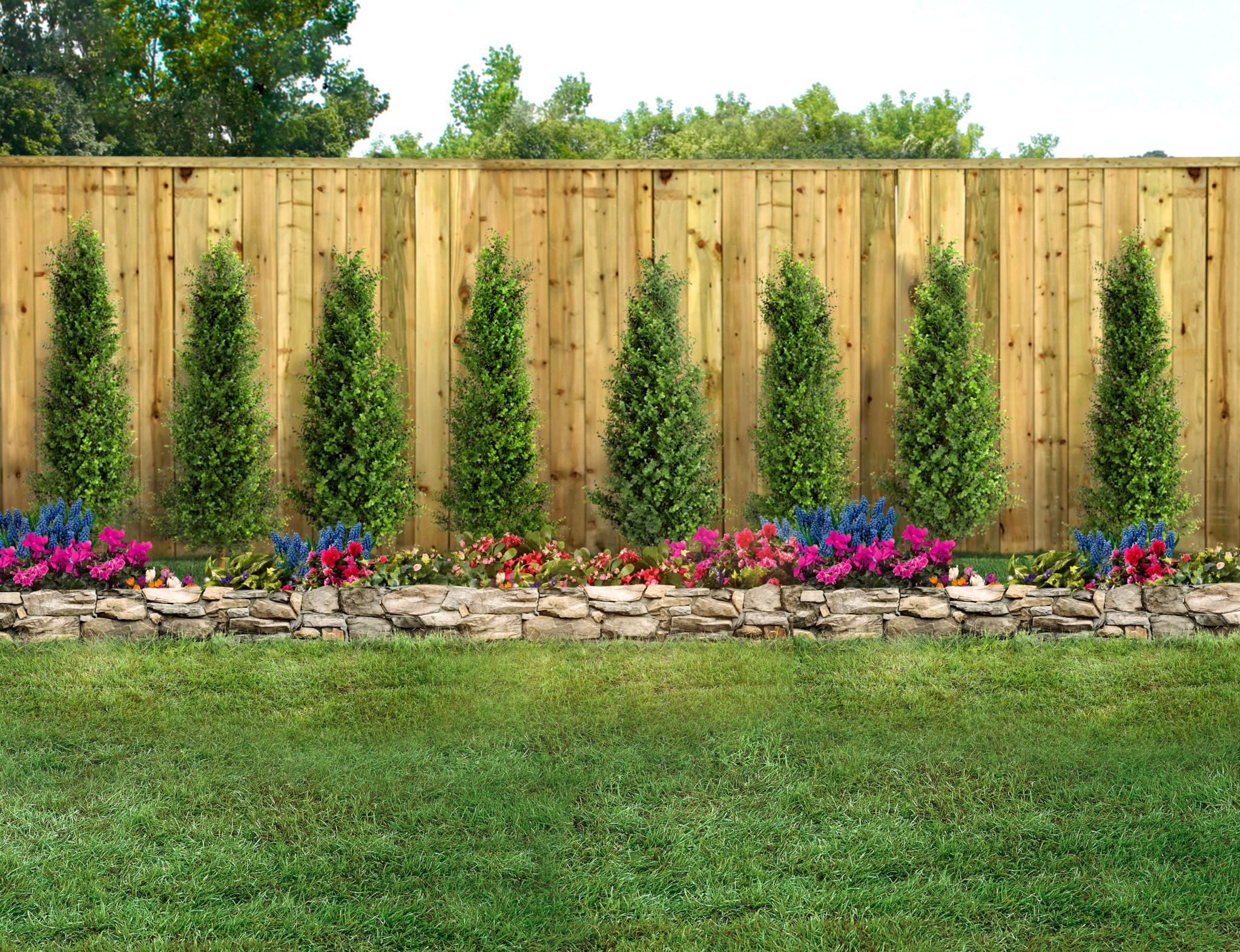Case Study: Transforming Outdoor Spaces with Eco-Friendly Fencing
WC
Introduction to Eco-Friendly Fencing
Outdoor spaces are a vital part of our living environment, providing a place for relaxation, play, and entertainment. As concerns about environmental sustainability grow, more homeowners and businesses are seeking eco-friendly solutions to enhance these areas. One such solution is the use of eco-friendly fencing, which not only serves as a boundary but also contributes to the overall aesthetic and environmental health of outdoor spaces.

The Importance of Sustainable Materials
Eco-friendly fencing primarily involves the use of sustainable materials that have minimal impact on the environment. This includes materials like recycled wood, bamboo, and composite materials made from recycled plastics. By choosing these options, consumers can significantly reduce their carbon footprint while still achieving a stylish and effective barrier for their property.
Recycled Wood Fencing
Recycled wood is a popular choice for eco-friendly fencing due to its natural appearance and durability. It provides an authentic wooden look without the need for fresh timber, thereby preserving forests and reducing waste. Additionally, recycled wood can be treated to withstand weather conditions, making it a long-lasting solution.
Bamboo Fencing
Bamboo is another excellent sustainable option, known for its rapid growth and renewability. It is incredibly versatile and can be used in various designs to suit different landscaping needs. Bamboo fencing offers a modern yet natural look, perfect for those looking to create an environmentally conscious outdoor space.

Benefits of Eco-Friendly Fencing
There are several benefits to choosing eco-friendly fencing beyond just environmental impact. These fences are often more cost-effective in the long run due to their durability and minimal maintenance requirements. Furthermore, they can enhance property value by appealing to environmentally conscious buyers.
Cost-Effectiveness
Although the initial investment might be similar to traditional fencing options, eco-friendly fences tend to last longer and require less maintenance. This can lead to significant savings over time, as homeowners and businesses spend less on repairs and replacements.
Aesthetic Appeal
Eco-friendly fencing options offer a wide variety of styles and finishes, allowing property owners to personalize their outdoor spaces. These materials can be customized to match existing landscapes or to create a unique look that complements the natural surroundings.

Case Study: Successful Transformation
Let's take a look at a real-world example where eco-friendly fencing transformed an outdoor space. A suburban family decided to renovate their backyard by replacing their aging wooden fence with a composite alternative made from recycled plastics. This change not only improved the aesthetic appeal of their garden but also aligned with their commitment to sustainability.
Prior to the renovation, the family faced frequent issues with rot and pest damage, which led to costly repairs. However, since installing the composite fence, they have enjoyed a low-maintenance solution that withstands harsh weather conditions and requires minimal upkeep.
Conclusion: A Greener Future
The case study demonstrates how eco-friendly fencing can effectively transform outdoor spaces while supporting environmental goals. As more people become aware of the impact of their choices on the planet, solutions like sustainable fencing are becoming increasingly popular. Whether it's through recycled wood, bamboo, or composites, there are plenty of options available for those looking to make a green choice.
By investing in eco-friendly fencing, individuals not only contribute to a healthier planet but also enhance the beauty and functionality of their outdoor spaces. It's a win-win situation that supports both personal and global well-being.
